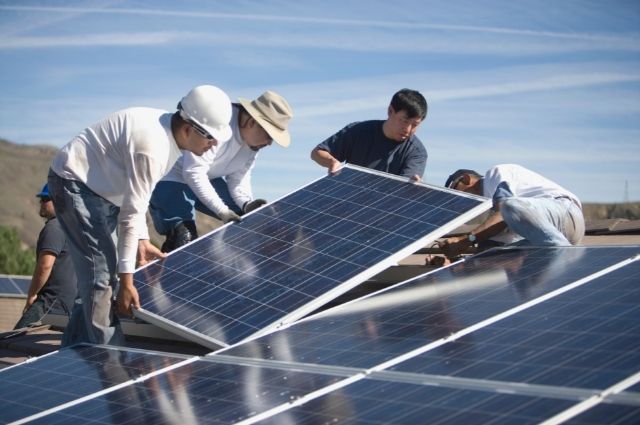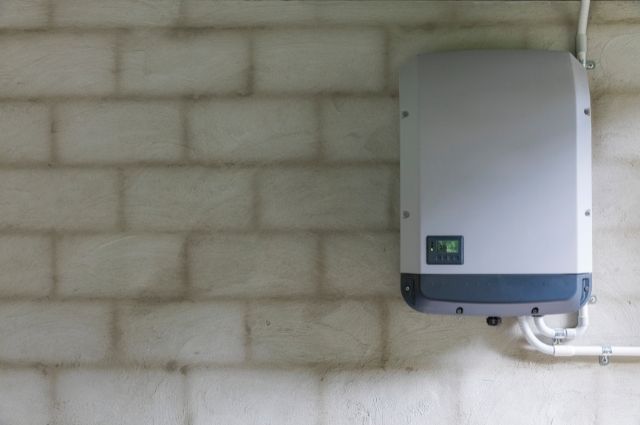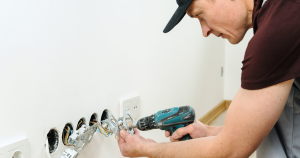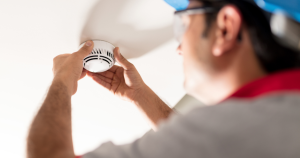Have you switched to solar? If not, perhaps now is the time to consider installing panels!
Millions of American households now have switched to solar energy. In 2019, the United States became home to more than 2 million solar panel installations after 40 years.
By the end of the year, it’s predicted that the country will surpass three million installations, and will go over four million in 2023.
So if you’re planning to switch to a solar energy system, it’s best to know how it works and how it could save you more energy and money.
Read on to learn more about how these panels generate and produce electricity from the sun!
What Is Solar?
The sun does more than just provide light to our planet. The renewable energy that comes from it is responsible for all energy sources and weather systems.
Solar energy can be converted into electricity using solar panels. Technologies such as photovoltaic cells (also known as a solar cell) and solar thermal capture can harness the sun’s energy for smaller and massive-scale projects, respectively.
How Does It Work?

The sun releases tiny packets of energy called photons that travel to Earth in about 8.5 minutes.
Every hour, these photons produce enough solar energy to suffice our planet’s one year’s worth of energy needs.
Through the improvements of solar technology, more people continue to benefit from the sun’s abundant energy.
The rapid drop in solar energy cost also contributes to the growth of solar in the market, according to the International Energy Agency.
How Do Solar Panels Work: A Step-by-Step Guide
Solar panels generate electricity by using light particles called photons to separate electrons from atoms inside the photovoltaic cell (PV) or solar cells.
Photovoltaic simply means they convert sunlight into electricity and it’s the process that creates solar electricity.
So, how much electricity does solar energy produce? To know more about how they work, here’s the step by step guide on the complete process:
1. The solar panel captures sunlight
Once the sunlight hits the solar panels, the photons and electrons inside the PV cells will interact with each other to create an electrical current.
The PV cells produce direct current (DC) electricity, which will enable the succeeding solar power equipment to function and produce electricity.
2. A solar inverter converts solar energy into usable electricity

Your solar panel system is connected to a solar inverter. of. The panels convert the electrical energy to DC current, which flows to an inverter.
Then, it converts the DC electricity from solar panels into alternating current (AC) electricity, which powers your home.
3. Solar power circulates through your home
The AC energy from your inverter will flow into your breaker box, which will then circulate electricity throughout your home.
Solar energy will flow through your net meter and power your appliances. If your solar panels aren’t capable of producing enough electricity for your needs, you can still automatically draw more energy from your traditional utility service provider.
4. Excess energy goes to the grid
Having a traditional power grid when you have a solar energy system installed has its advantages. You can use as much electricity as you need and send the excess solar energy to your utility meter.
Electricity generation from solar energy is available only when the sun shines. However, solar power is not available at night. The excess electricity you save when the sun is up can be used at night then.
5. Net Metering
Net metering is the step wherein your local utility company agrees to provide energy credits for any excess energy you produced and sent back to the electric grid.
A net meter device will be installed in your home to measure the electricity going to and from the grid.
In some cases, the net metering credits can be accrued long-term. The credits can be used on your future electric bills.
More FAQs About Solar Panel Systems
Do solar panels work without electricity?
The short answer is no, solar panels alone will not work without electricity or during a power outage unless you have solar battery storage.
The electrical grid may shut down during extreme weather conditions or system overload. The outage includes your solar panel system that is connected to the grid via a solar inverter.
Solar battery storage can keep your power generation running, even during a blackout. Install a couple of these batteries to allow you to store unused energy generated by the panels. You can then use the extra energy if the electricity grist goes down.
What are the advantages of solar energy?
- Positive environmental impacts. Solar is clean and green energy. It’s the least harmful to the environment, compared to other energy sources.
- A cheap energy bill. The energy from the sun is free and readily available. Solar installation may be costly but since you’re relying less on your commercial electricity supplier, your utility bill will eventually decrease.
- Sustainable energy. Solar is an infinite and renewable energy source.
- Less electricity loss. You can produce electricity as long as the sunlight hits.
- Diverse applications. Aside from electricity, you can also use solar to heat clean water.
- Job creation. With the continuous growth of the solar industry in the market, more jobs for skilled workers will be available too. More solar installations mean more manpower needs for solar companies.
- Technology development. The innovations of more solar technology, such as quantum photovoltaics and nanotechnology, contribute more to the possibility of the solar solution being the primary source of electricity in the future.
- Solar Investment Tax Credits. The federal solar tax credit, which allows solar power users to deduct 26% of their solar panel costs to federal taxes, is extended until 2022. In addition, Arizona residents can enjoy a $1,000 state tax credit for their solar purchase.
It’s Time To Go Solar Now!
Installing a solar system may seem complicated and costly at first. But if you will learn more about this energy source and weigh its benefits to your property, it’s definitely worth the investment!
Remember: whenever you want to care more for the environment or find a cheaper and more efficient electricity source, the sun is always up there to help you.
Make sure to research and review all other factors carefully before switching to solar. Consult a licensed electrician and solar professional to determine your options and to make sure the process is safe and efficient.
If you need help with your solar panel or any electricity concerns in your home, Assurance Electrical Services is here for you. Contact us today for more information!
Got any questions about solar panels? Ask them away in the comments section below!
Jeff Brandlin is the founder of Assurance Electrical Services, LLC. He started in the electrical industry when he was 21 and had worked in several electrical firms before founding Assurance Electrical. Jeff is dedicated to providing the best quality service to his clients and always puts their needs first. Outside work, Jeff enjoys spending time with his wife and children.





